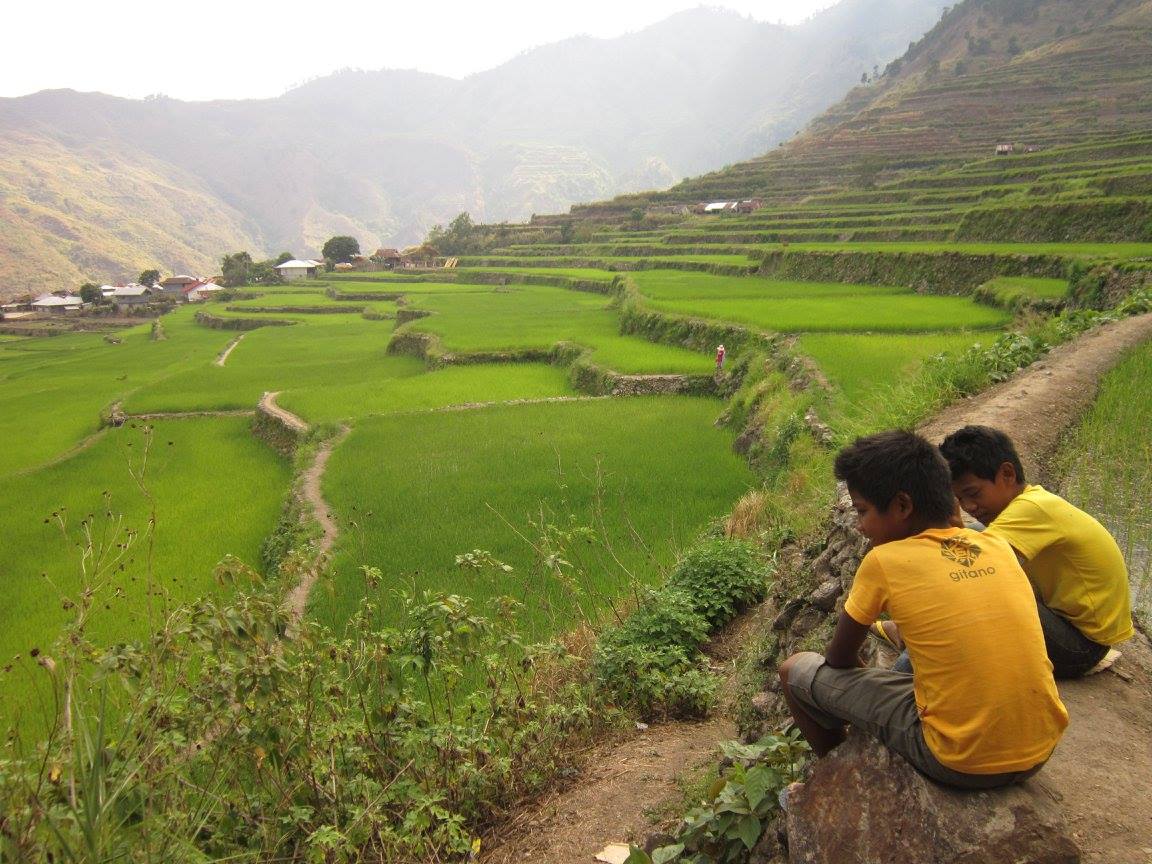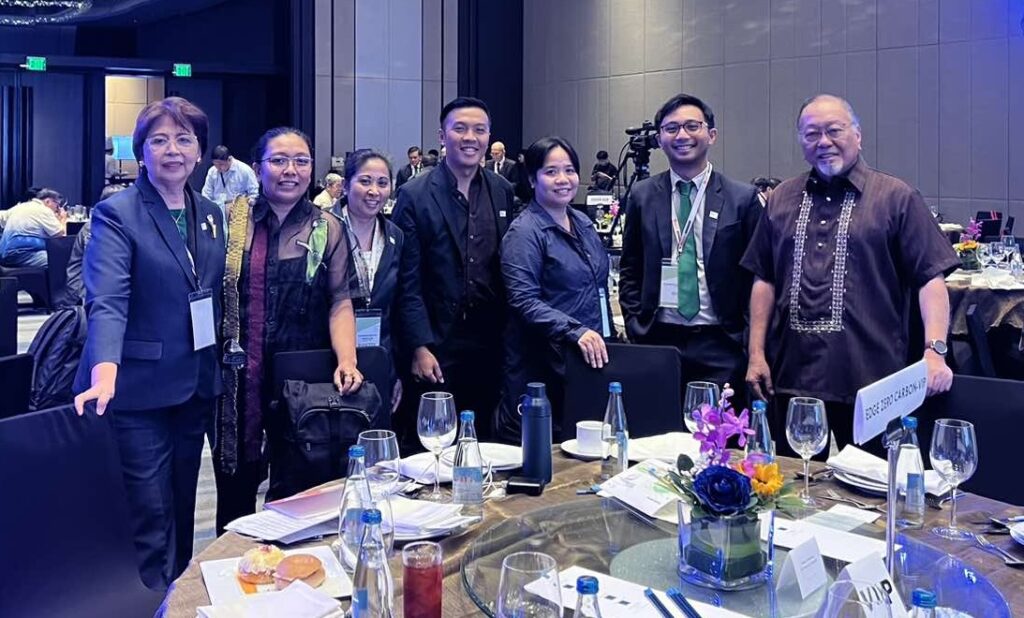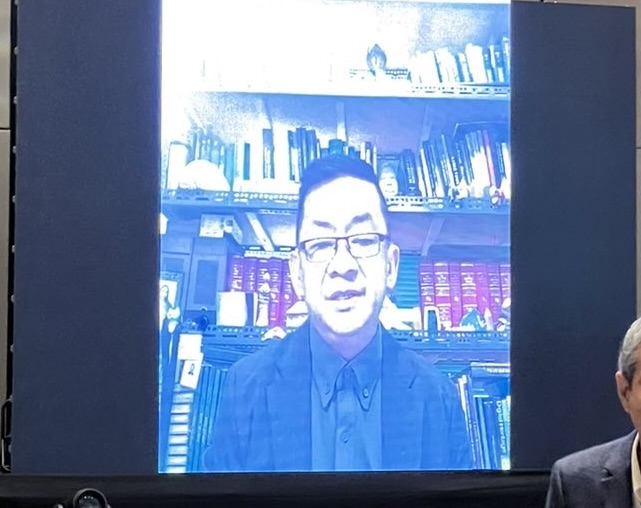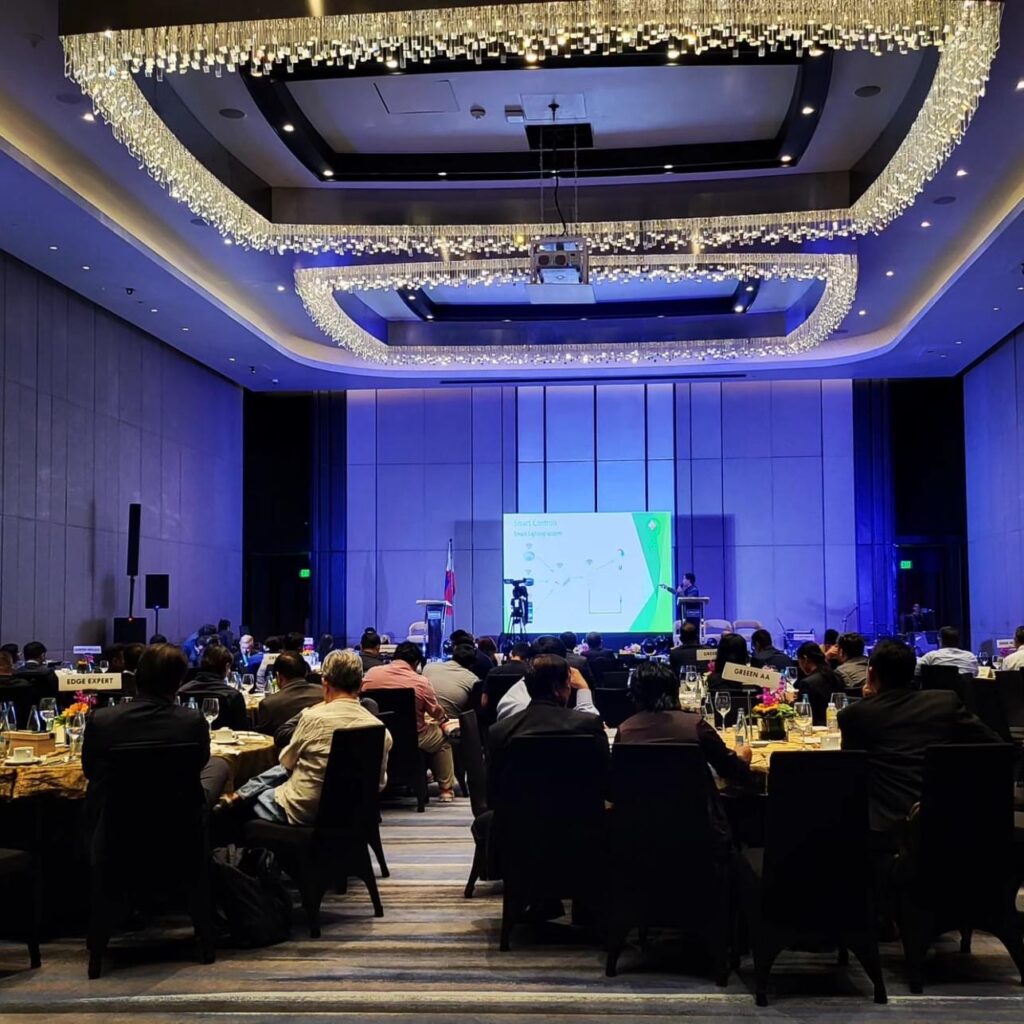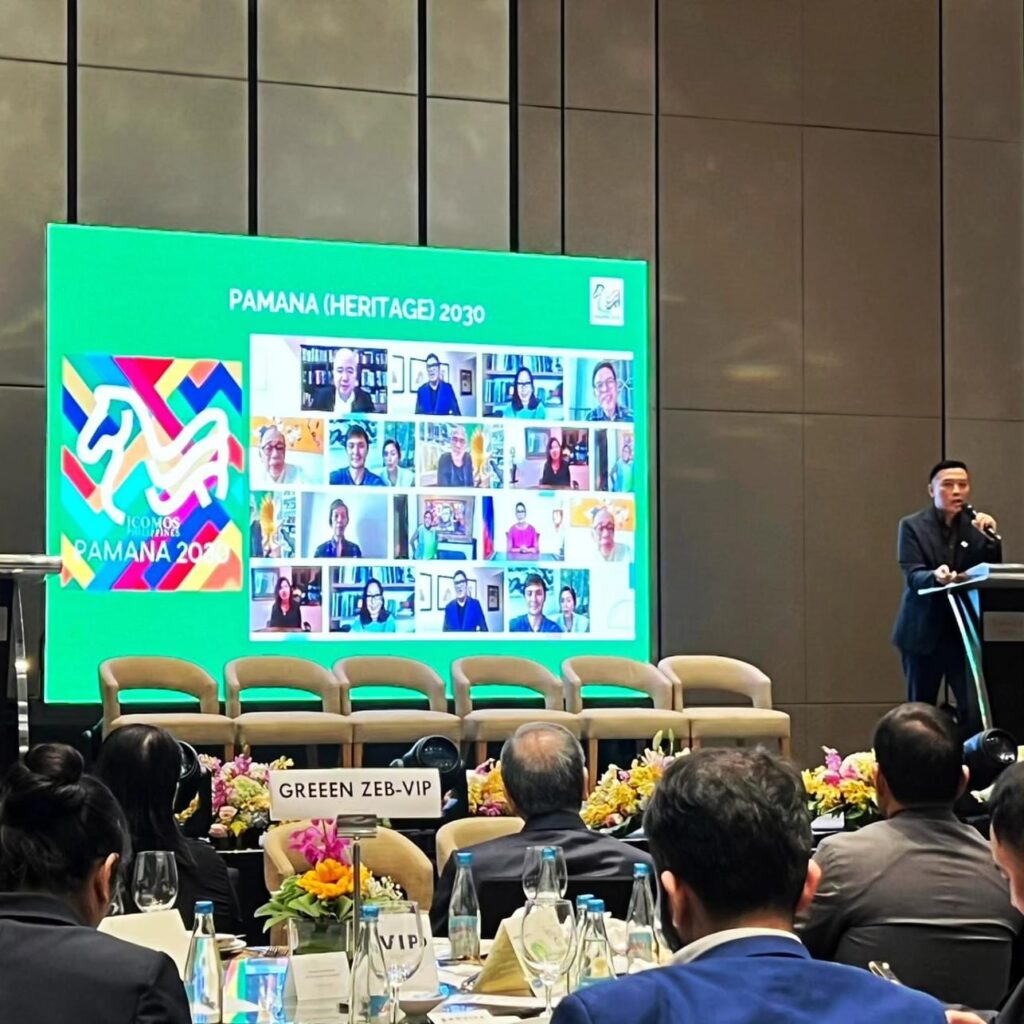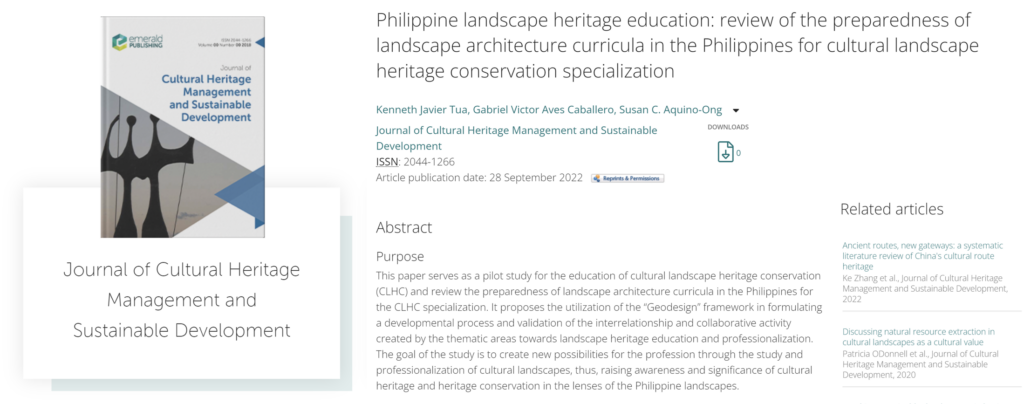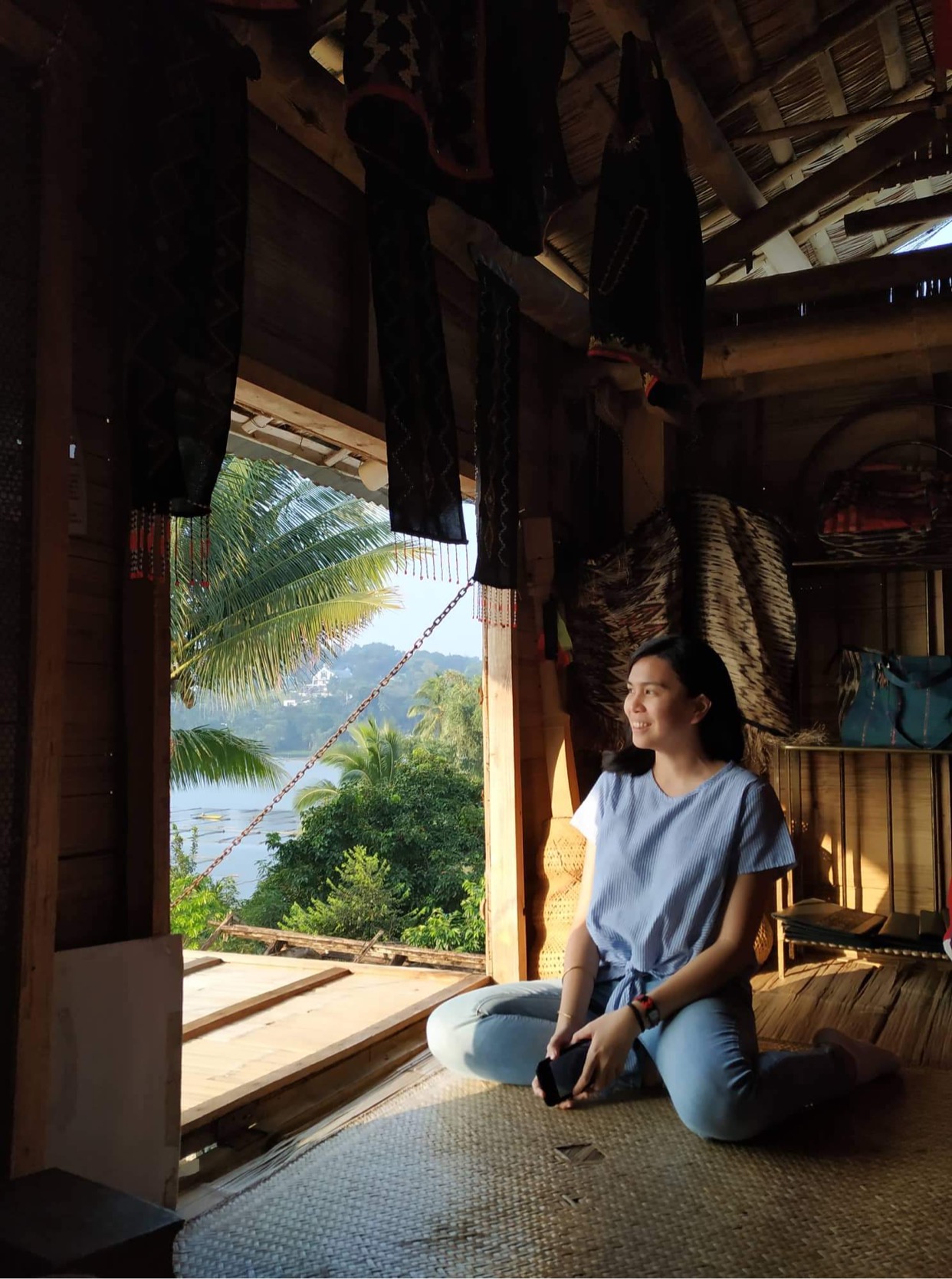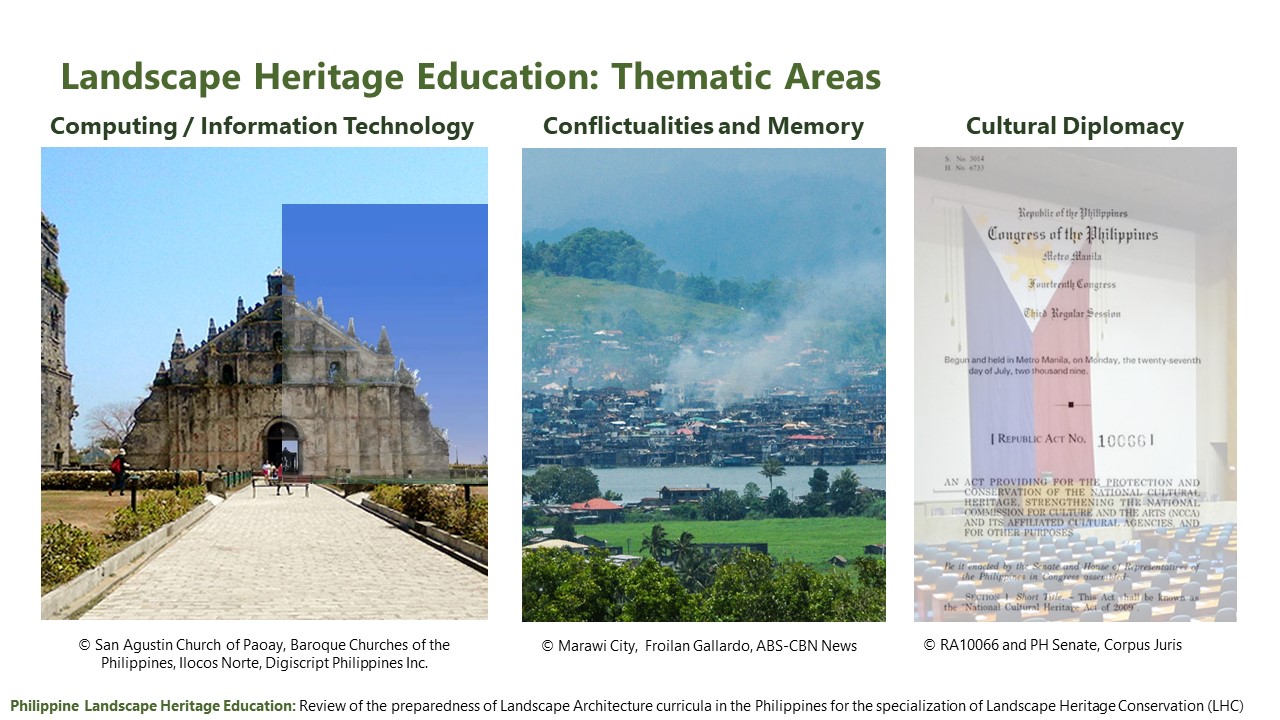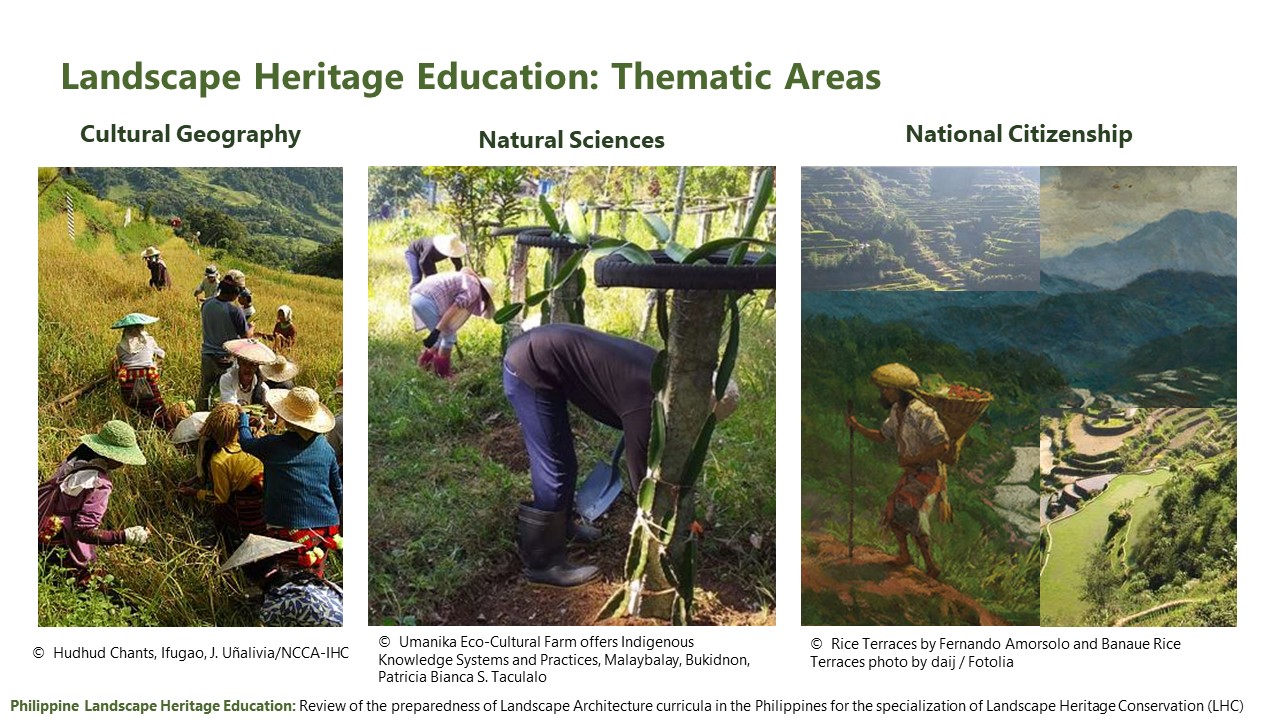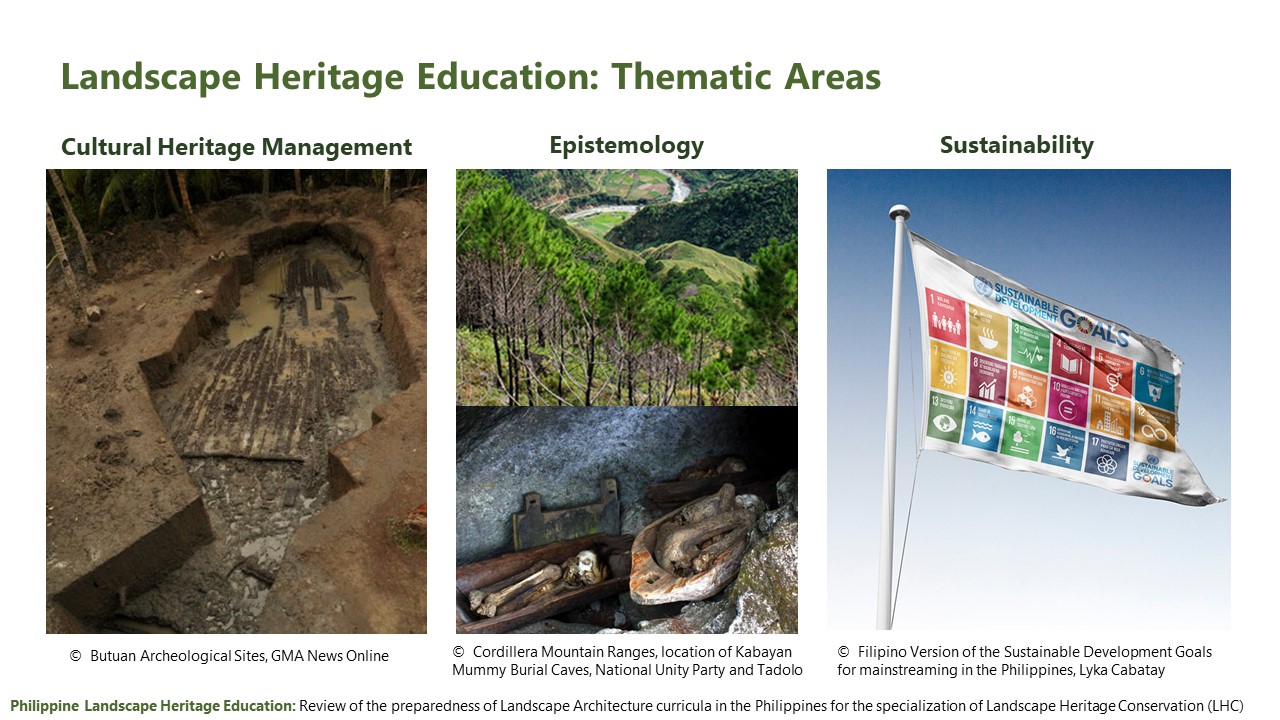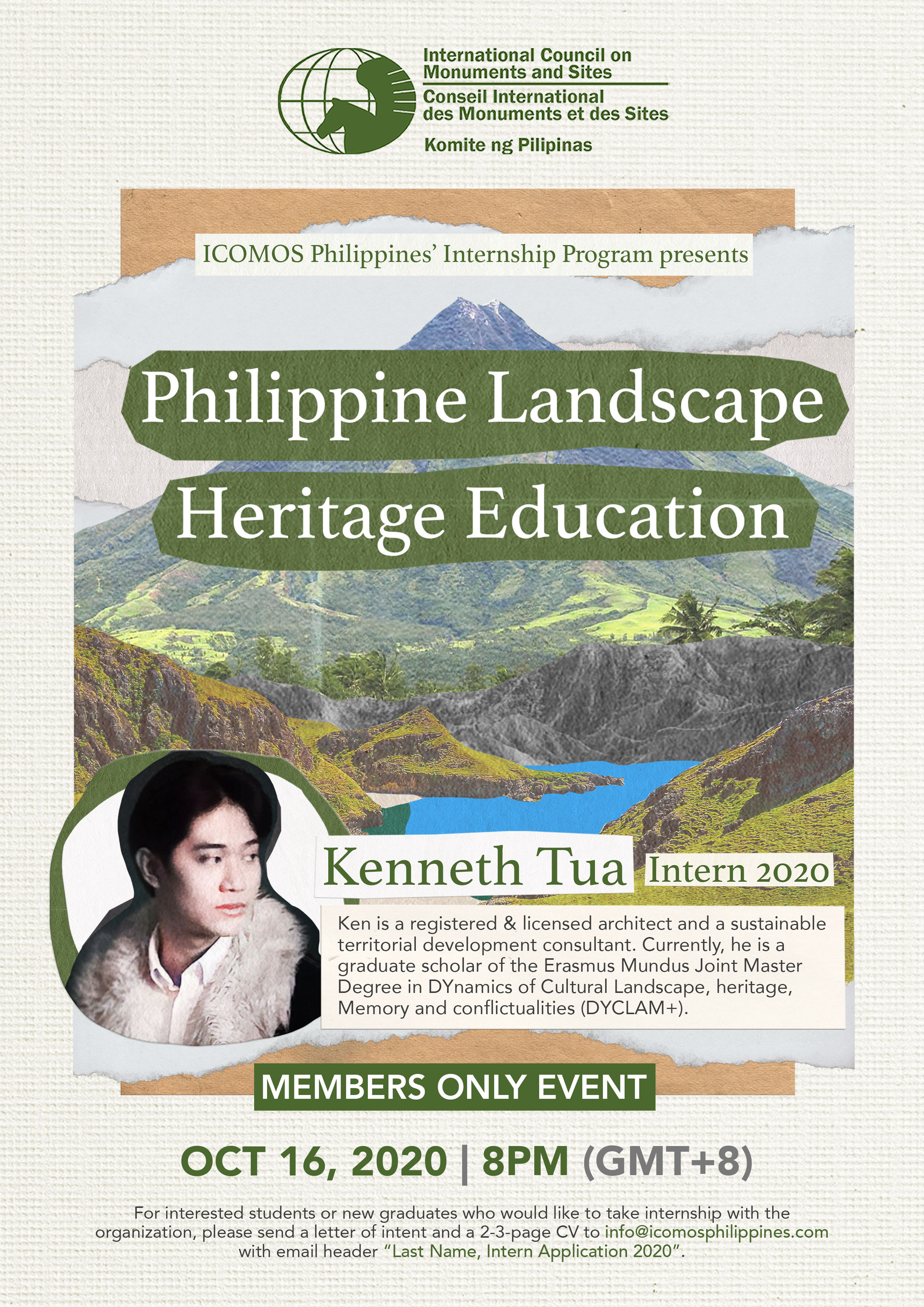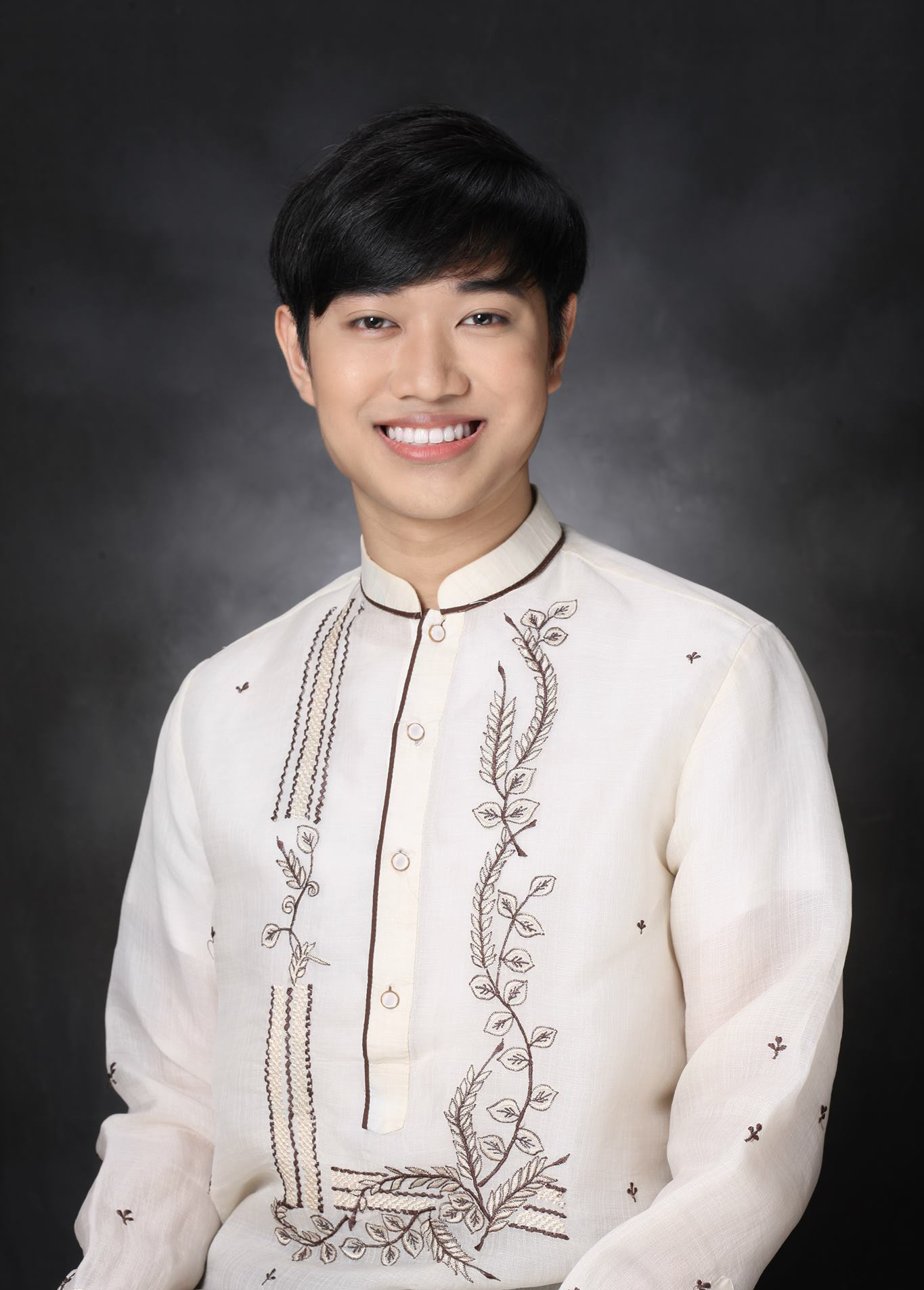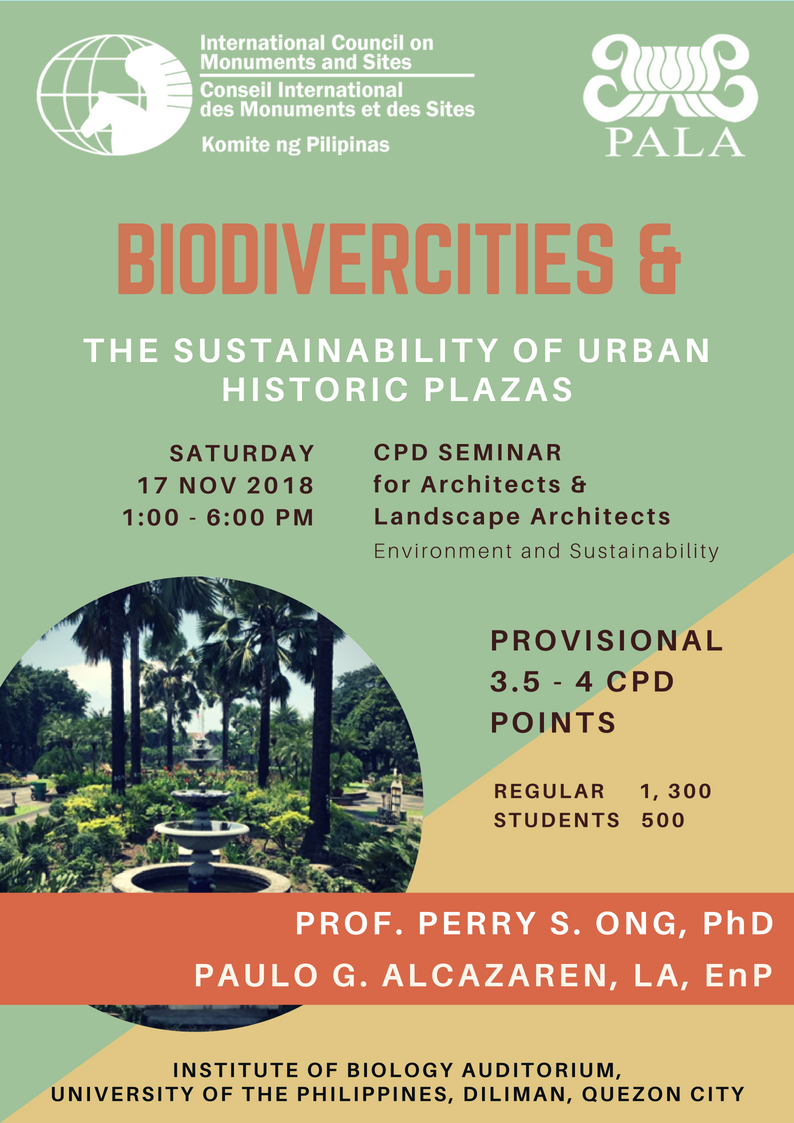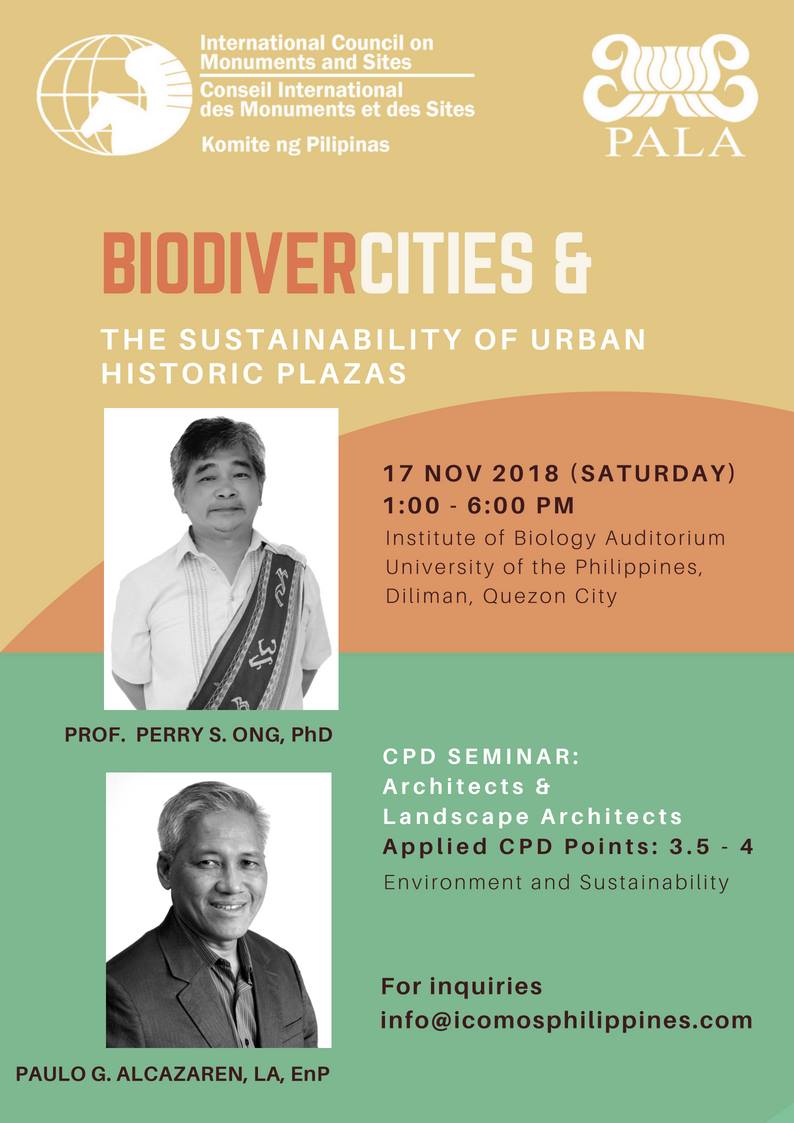Being inscribed to the UNESCO World Heritage Sites list requires the coordination of committed stakeholders to nominate a site. The process is a painstaking endeavor which requires a detailed and well-organized document called a nomination file. The file then is scrutinized by a series of bodies and committees. They will decide if the property meets the criteria for a prestigious World Heritage Site inscription. From end to end, it is a community-based process that shows that stakeholders are willing and able to commit to safeguarding the inscribed property. However, although complex, inscription is just one process and keeping that status is another.
Maintenance of World Heritage Site status in the Philippines is a daunting task in an environment where earthquakes, typhoons and fire are frequent occurrences. Since World Heritage properties are ultimately the responsibility of the stakeholders, they must strive to maintain the site’s exceptional significance, authenticity, and integrity. Some benefits from stakeholder involvement is a sense of ownership, a pride of place and a closer-knit community. These core values are what truly sustain the World Heritage Site and ensure their existence in the future.
UNESCO Regional Office in Jakarta paid a courtesy visit from December 10 – 12, 2023 to the Historic City of Vigan. Director Ms. Maki Katsuno-Hayashikawa and Mr. Rizky Fardhyan were able to inspect the heritage core of the city to note the extent of damage of the earthquake of July 2022. They paid a courtesy call and met with Mayor “Bonito” C. Singsong, Jr., a key stakeholder and focal person, to brief the purpose of the present restoration efforts and to strengthen its collaboration with the City of Vigan. UNESCO Jakarta reaffirmed its support and willingness to engage in further recovery discussions.
A Courtesy Call by UNESCO Jakarta, ICOMOS Philippines and Local Stakeholders was paid to the Office of the Mayor, “Bonito” C. Singson, Jr., (Photo Credit: ICOMOS Philippines, John Ray Ramos
Director Katsuno-Hayashikawa emphasized the importance of site visits to understand the local context through actual observation of conditions on the ground. This allows UNESCO to assess if the scope of work [Heritage Emergency Fund’s project for the Historic City of Vigan] is appropriate and is progressing well – also, to anticipate any further issues that may need exploration or response.
The visit was of the utmost importance for UNESCO Jakarta so that they could observe Vigan’s stakeholder involvement and their cooperation in all the activities. Although there is some funding in place and some specialists involved, it is through the collective work of the local stakeholders that the Historic City of Vigan will be, in due course, restored. Without active local stakeholder’s participation, these efforts would be performed in a vacuum without any real and sustainable impacts for which the funds promote.
Burnay Jars, left: Collapsed Kiln of a Ruby Jar Factory, right: RG Jar Factory Kiln (Photo Credit: ICOMOS Philippines, Kenneth Javier Tua, left photo, and from LGU Vigan, Ar. Christian Nico Pilotin, right photo)
Weavers of Inabel: Member of Vigan Conservation Council and one of the experts of the UNESCO-ICOMOS Philippines team – Ar. / EnP. Fatima Nicetas Rabang-Alonzo consulting with local weaver on the status of livelihood after pandemic and the 2022 earthquake (Photo Credit: ICOMOS Philippines, Kenneth Javier Tua)
At the heart of every program of UNESCO is that “all the key stakeholders engage from the outset [as] a top priority.” These partnerships are the bedrock of any engagement with UNESCO. The relationship emphasizes the importance of common purpose, mutual accountability, and a willingness to share risks as well as the benefits. These successful partnerships strengthen the impact of UNESCO’s programs.
Country Project Director Ar. Kenneth Javier Tua and Project Management Team member explore Masonry Failure at the Cabildo (Old) House (Photo credit: ICOMOS Philippines, John Ray Ramos)
Among the outputs that speak directly to the recovery efforts in Vigan is stakeholder capacity-building. Aligning with UNESCO’s objectives, this is empowering the locals to understand and implement the policies of the World Heritage Convention. This strengthens another objective, which is the proper restoration of the Historic City of Vigan. Moving towards recovery, this fosters internal and external communication that builds knowledge, awareness, involvement, and support. Then, the community works together and contributes collaboratively towards a balanced testimony of cultural properties of outstanding universal value.
Inspection by both local and ICOMOS expert teams of earthquake damage and temporary shoring (Photo credit: Ar. Christian Nico Pilotin of LGU Vigan)
The courtesy visit coincided with Heritage Emergency Fund (HEF) expert teams from ICOMOS Philippines who are collaborating with local architects, material specialists and engineers. Seeing the relationship and mutual engagement demonstrated the importance of planning, coordination, and transparency in exploring solutions that uphold the significance of the site.
The stakeholders, particularly the homeowners, showed a keen interest in comprehending the procedures and tests being conducted. Their cooperation proved instrumental in granting the specialist teams access to the houses, facilitating the mapping of damage, and pinpointing potential causes of deterioration. The Local Government Unit of Vigan actively responded to inquiries from UNESCO Jakarta, narrating their own personal experiences and showcasing their progress made on the path to recovery.
Ma’am Maria Milagros “Mitos” P. Belofsky of Syquia Mansion narrated the story of the Syquia Mansion [and exchanged experiences ongoing restoration work] with UNESCO Jakarta Director Ms. Maki Katsuno-Hayashikawa and Mr. Rizky Fardhyan, and Country Project Director Ar. Kenneth Javier Tua (ICOMOS Philippines, John Ray Ramos)
Notably, the Syquia Mansion underwent intensive activities to bolster the structure and preserve its historical significance by addressing considerable damage to the walls, ceilings, and the floor joists. The local stakeholders employed extensive shoring throughout the building. Of high importance were the stakeholders’ stories about the history of the building and its collections, and how they were maintained until the earthquake of 2022.
This collaborative effort between the Local Government Unit of Vigan, UNESCO Jakarta, and ICOMOS Philippines aims to revitalize the Historic City of Vigan sustainably. Although much destruction was wrought by the earthquake, restoration is actively underway; and, by working together, all partners seek to work synergistically to ensure the city’s ongoing authenticity and significance as a World Heritage Site.
